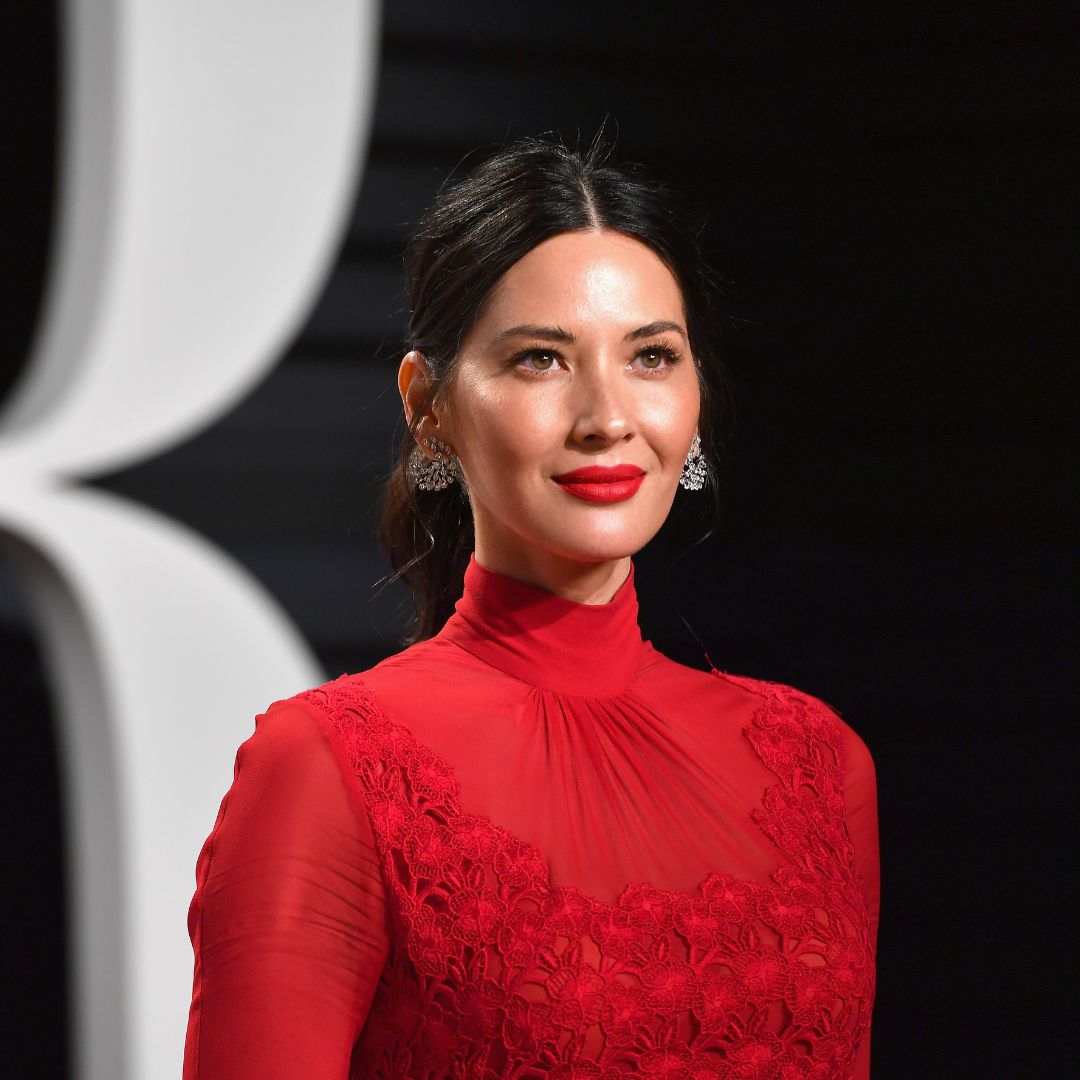
Shortly after walking the red carpet at the Oscars last month, Olivia Munn opened up about her breast cancer diagnosis and explained that she underwent a double mastectomy in May last year. The X-Men: Apocalypse star shared a statement with her social media followers in the hope that her candid health update would 'help others find comfort, inspiration and support on their own journey'.
A few days later her partner John Mulaney shared a touching message about Olivia's diagnosis, and she also shared her support for the Princess of Wales just two weeks later when the royal spoke publicly about her own cancer diagnosis for the first time.
Now, Olivia has spoken in detail to People magazine about her diagnosis and treatment, as well as the emotional impact of a double mastectomy and why she was put into medically-induced menopause after surgery.
Discussing her double mastectomy, she told the publication that she struggled when saw her body post-surgery, explaining: "It was a shock. It was a shock to my system. I had such a hard time, I remember just looking in the mirror with [the doctor] and just having no emotion, just taking in what he was saying."
Adding that she 'absolutely broke down' when she got home after the appointment, Olivia went on to discuss the physical changes she has experienced since starting hormone suppression therapy in November. She began the treatment in order to induce menopause and reduce the risk of cancer recurring.
"I'm constantly thinking it’s hot, my hair is thinning, and I’m tired a lot," she said,
"I'm basically on a treatment of suppressing all my hormones, so I will go into menopause. And I will shut down all the hormone production in my tissue and my ovaries. And that's again, more problems. But I figured, as a woman, I can't escape menopause. So I'd rather just take it on now and tackle it head on."
Olivia has been widely praised for sharing her experience and raising awareness, with breast cancer charities responding to her post by urging people to familiarise themselves with the symptoms and to regularly attend screenings.
You can find more information and access resources and support from charities such as Cancer Research UK, Breast Cancer Now, and CoppaFeel!







